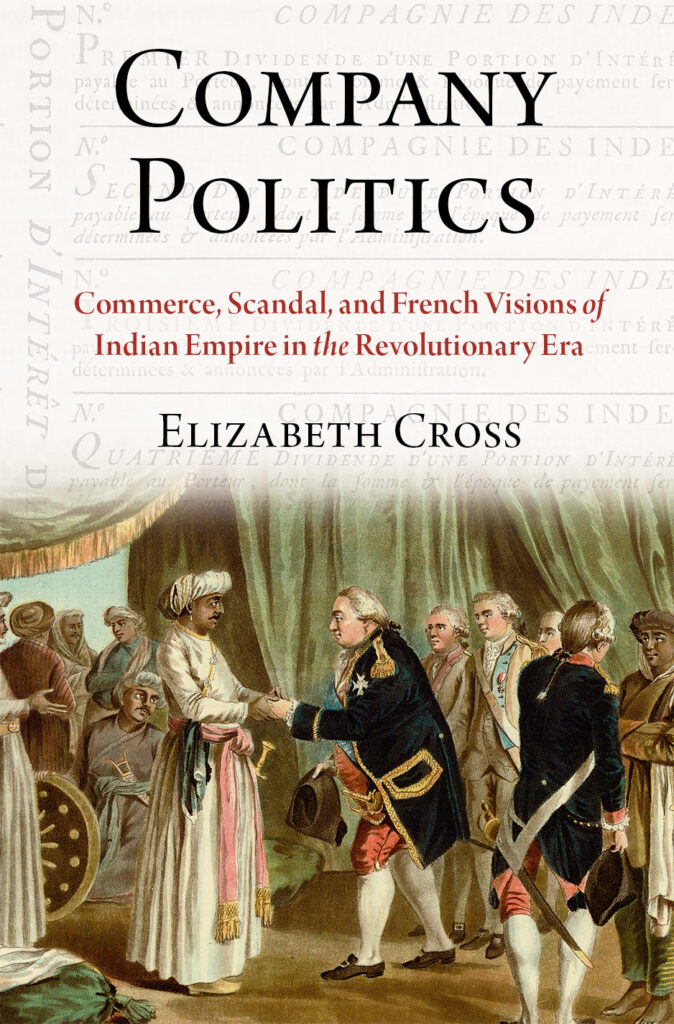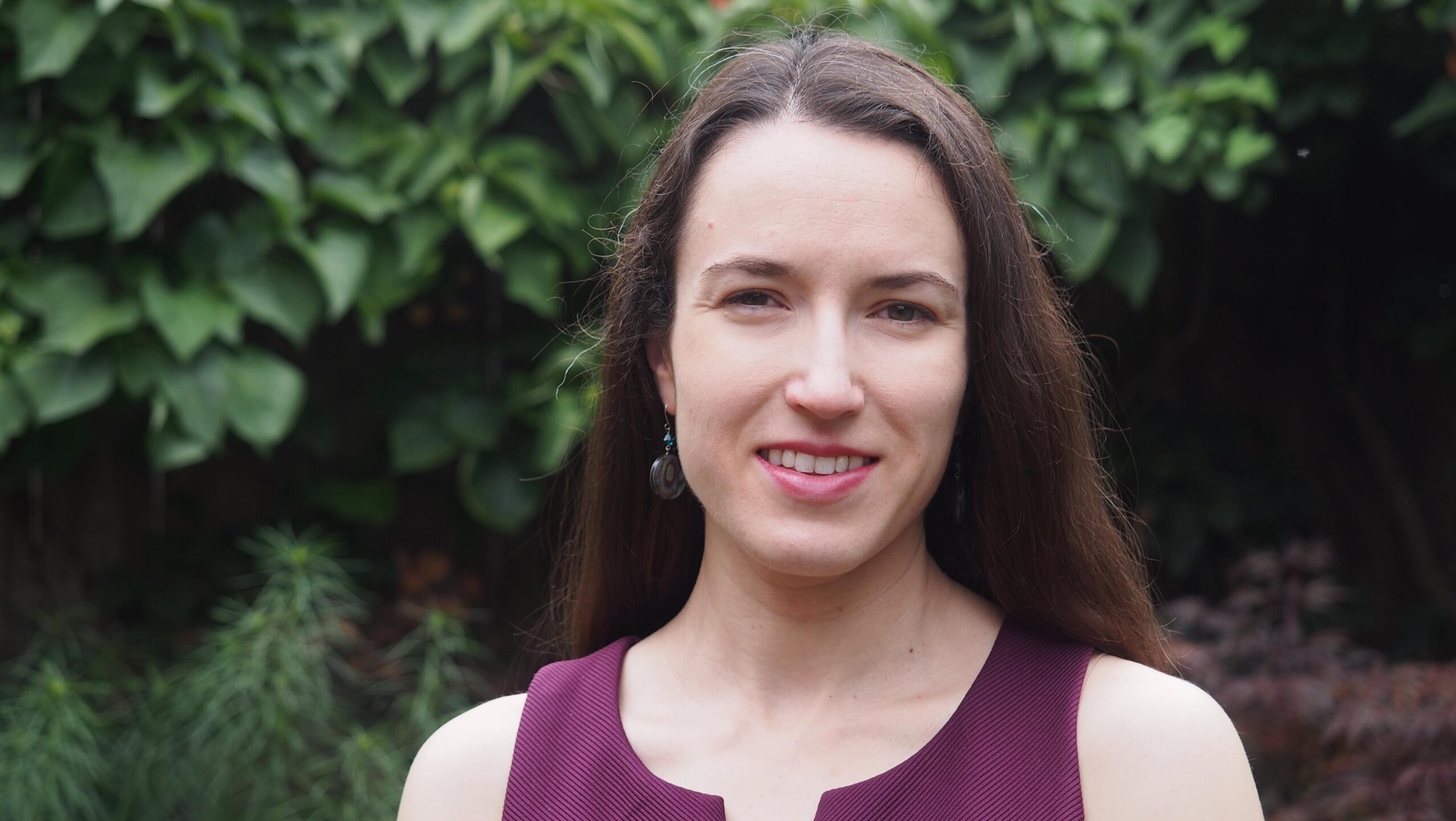The Unsung History of the Third French East India Company and the Shaping of the Modern World
In her new book, Company Politics, Elizabeth Cross wants the world to reconsider the Third French East India Company. The story of the short-lived – and final – iteration of the French East India Company showcases how the forces of capitalism and colonialism shaped the modern world.
Founded in 1785 and liquidated just eight years later in 1793, the “New” East India Company is often documented as a footnote in the story of the French Revolution. Dissolved when members of the revolutionary government were accused of accepting bribes from the company, the mechanisms that propelled the company continue shaping geopolitics to this day.
“The Third French East India Company represents a set of novel experiments in imperial and corporate governance that reveal the wages of imperial reform in an age of crisis, evolving ideas of political economy and the transformation of the corporation in revolutionary times,” writes Cross, an assistant professor in the Department of History.
Playing Catch-Up to the British and Dutch

The third version of the company, resurrected after successive power struggles and financial failures, only appeared after a century-and-a-half of playing catch-up to the British and Dutch. Founded in 1664, the first French East India Company first sought to “emulate France’s rivals by strategically employing private capital to build a global empire,” according to Cross.
The intermingling of royal authority with private enterprise allowed European nations to effectively contract out the colonization of the world.
“Early modern states established trading companies as extensions of their own state-building processes: they aimed to boost revenues and to expand and consolidate their own imperial authority abroad at minimal cost to public treasuries,” writes Cross. “As sovereign actors themselves, companies raised armies and navies, conducted diplomacy, minted money and exercised jurisdiction over the territories they conquered as ‘company-states’ in their own right.”
The idea of a corporation as a state-unto-itself had disastrous consequences for colonized populations, leading to the brutal military rule and exploitations of South Asia. At times, the corporation and the state became functionally inseparable.
“The company was so tied into the politics of French royal power that a general who failed to perform his service in the company’s interest could be beheaded for treason against the King and the company,” says Cross.
The Foundations of the Modern World
In the ruins of the Third French East India Company, Cross sees the building blocks of the modern world, painting the 18th century as a sandbox in which corporations and nation-states experimented with the parameters and paradoxes of international exploration, exploitation, private risk and public gain.
Economic historians have long claimed that the multinational firms of the 21st century, like Google or Amazon, have their roots in the British and Dutch East India Companies. In Company Politics, Cross argues that the French East India Company plays an important role in this capitalist lineage.
“All of these companies were more similar than different, regardless of national origin or identity,” says Cross. “The British and Dutch institutions were racked by similar patterns of contestation with their home governments about the costs of empire, war or governance and each state was forced to respond differently – either through aggressive corporate regulation or something else.”
That tension, between the needs of the corporation and the needs of the state, is something that has survived to this day, defining much of modern history.
“Even in the tumultuous era of the French Revolution, many of the Company’s key investors survived and went on to establish new industrial or imperial ventures in the years after the Terror,” says Cross. “Nineteenth-century empires made extensive use of commercial concessions and imperial companies in order to establish imperial rule on the cheap throughout the vast territories they claimed to conquer. As much as historical actors claimed that they were changing their ways of doing business, a lot of the same institutions and practices continued.”
For students interested in Cross’s work, she teaches courses in the history department on the global age of revolution, modern Europe since 1789, the history of the early modern corporation, and the French empire since 1600.
